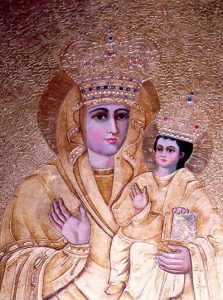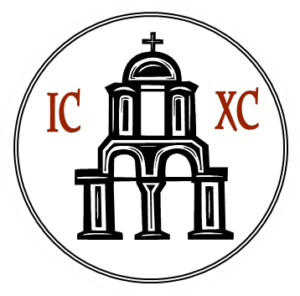 The candidate must successfully complete the application process. As a prerequisite for the application process, the candidate must fulfill the requirements listed above unless the eparch decides differently.
The candidate must successfully complete the application process. As a prerequisite for the application process, the candidate must fulfill the requirements listed above unless the eparch decides differently.
Once a candidate has passed this aspect of the screening process, programs will be provided for him and his spouse and children to foster interpersonal and social growth.
Proper understanding of the diaconate and positive support on the part of the spouse and children of a married deacon are essential to a satisfying and successful ministry. It cannot be stressed enough that the first commitment of the married candidate is to his family.
The office of deacon is open to Catholic men who meet the basic requirements, and the director of the program welcomes applications from men of all communities and backgrounds.
Men interested in becoming deacons in the Eparchy of St. Josaphat should:
- Write to the director requesting information about the program and indicate interest in applying for the program;
- Complete the formal application which will be sent by the director and return it to him along with the requested documents.
- Begin the screening process, which is essential to admission to the program. An interested individual may begin the course of study on his own initiative and at his own expense, but he is not considered in any way a candidate or participant in the Deacon Formation Program until he has successfully completed the admission and screening process, which includes the involvement of his wife if he is married.
- A man becomes an official candidate for the Deacon Training Program when he receives an official letter of acceptance from the Bishop and his Pastor.
Application Materials
- Letter of inquiry stating desire to pursue call to diaconate sent to director of
- Resume or curriculum vita that includes any previous formation, theological studies, and parish and liturgical service.
- Autobiography (1,000 to 1,500 words in length) – This is a conventional autobiography: when and where you were born, your parents names, your siblings, your upbringing, your education, when and where you got married if married, along with your wife’s name and names of children if any. In addition write your development in the faith, how you came to understand that you are being called to the diaconate, who you spoke with about the diaconate.
- Three letters of support: (1) parish priest; (2) wife; (3) personal reference.
- Letter from Bishop approving entrance into program.
- Documentation of Mysteries of Christian Initiation (Baptism, Chrismation, and Eucharist), Mystery of Crowning or Marriage if applicable.
